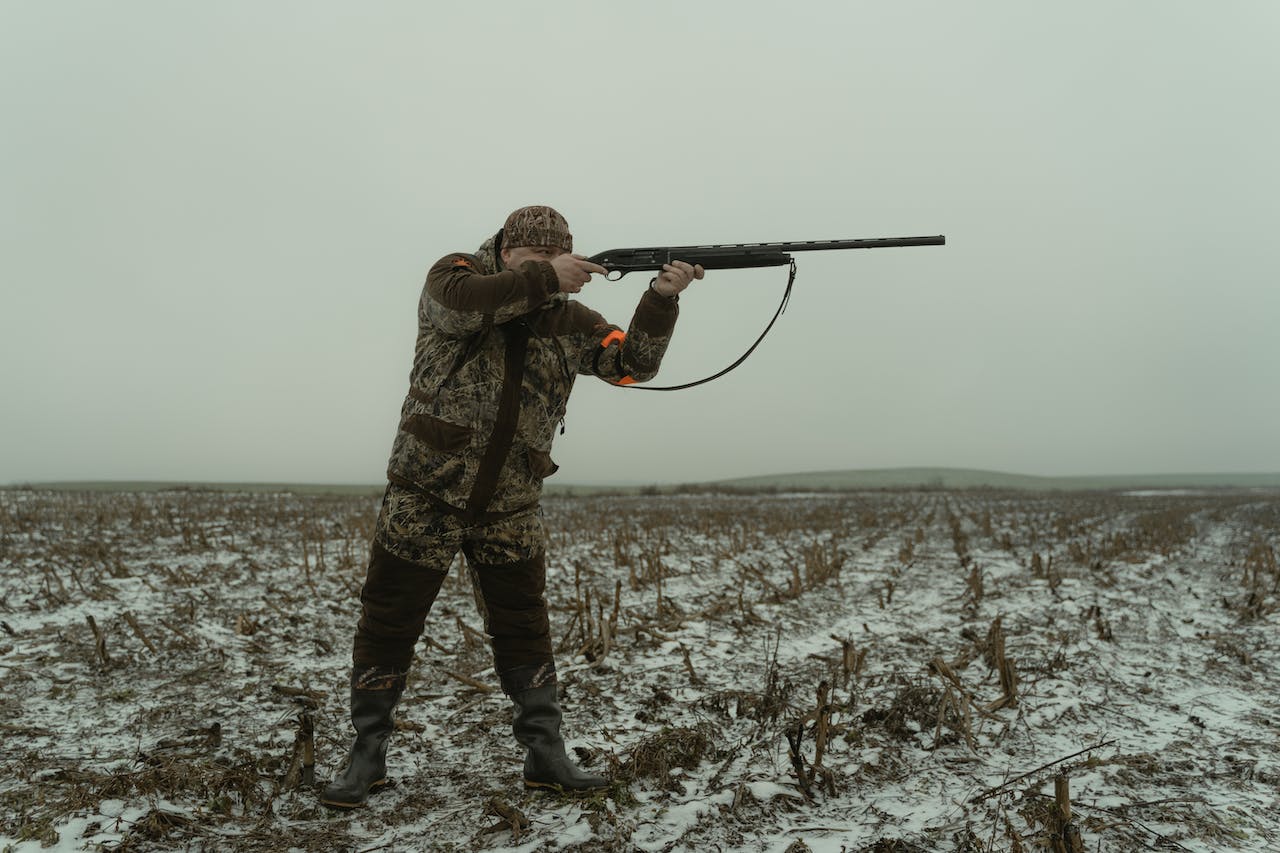Embarking on a deer hunting journey requires more than just a passion for the outdoors. Before setting out into the wilderness, aspiring hunters should equip themselves with essential knowledge and skills to ensure a responsible and successful hunting experience. From understanding the local regulations to acquiring the right gear and mastering tracking techniques, this guide provides valuable insights into what you should know before you start hunting deer.
1. Familiarize Yourself with Local Regulations
Before stepping into the woods, it is crucial to familiarize yourself with the hunting regulations specific to your location. Each region has its own set of rules regarding hunting seasons, bag limits, and permissible weapons. Adhering to these regulations is not only a legal requirement but also an ethical responsibility that ensures the sustainability of wildlife populations. Check with local wildlife authorities, obtain the necessary permits, and stay informed about any updates or changes to the hunting regulations in your area.
2. Choose the Right Hunting Gear
Selecting the appropriate hunting gear is essential for a safe and effective deer hunting experience. Invest in a high-quality firearm or bow that aligns with your skill level and local regulations. Ensure your gear is well-maintained. Additionally, dress appropriately for the weather and terrain, considering camouflage to blend into the natural surroundings. A reliable pair of binoculars, a sharp knife, and proper safety equipment are also vital components of your hunting arsenal.
3. Master Tracking and Scouting Techniques
Successful deer hunting requires a keen understanding of tracking and scouting techniques. Learn to identify deer tracks, droppings, and feeding areas, as these indicators provide valuable insights into the movements and habits of deer. Utilize scouting cameras to monitor deer activity and patterns in specific locations. Understanding the terrain, such as bedding areas and travel routes, enhances your ability to predict deer behavior and strategically position yourself for a successful hunt. By honing your tracking and scouting skills, you increase your chances of encountering deer in their natural habitat, contributing to a more rewarding and fulfilling hunting experience.
4. Practice Ethical Shot Placement
When venturing into the realm of deer hunting, one crucial aspect that embodies ethical hunting practices is mastering the art of shot placement. Hunters must prioritize precision and humane considerations, ensuring a swift and ethical harvest. Understanding the anatomy of deer is paramount, and ethical shot placement is essential for a quick and humane kill. Utilizing a deer feeder strategically can contribute to establishing ideal shooting scenarios and promoting ethical practices by attracting deer to predetermined locations where shots can be taken responsibly. Emphasizing ethical shot placement, coupled with the thoughtful use of a feeder, underscores the commitment to responsible and sustainable hunting, fostering a harmonious relationship between hunters and the environment.
5. Commit to Continuous Education
The world of deer hunting is dynamic, and committed hunters understand the importance of continuous education. Stay informed about advancements in hunting technology, strategies, and conservation practices. Attend workshops, seminars, or training sessions offered by wildlife organizations to enhance your skills and knowledge. Engage with the hunting community, both online and offline, to share experiences and learn from others.
Conclusion
Embarking on a deer hunting adventure is a thrilling endeavor that requires careful preparation, ethical considerations, and a commitment to responsible hunting practices. Before venturing into the woods, aspiring hunters should familiarize themselves with local regulations, choose the right hunting gear, master tracking, and scouting techniques, practice ethical shot placement, and commit to continuous education. By adhering to these principles, hunters not only increase their chances of a successful and fulfilling experience but also contribute to the conservation of deer populations and the preservation of the time-honored tradition of hunting.
Did you find this article helpful? If so, check out the rest of our site for more informative content.





